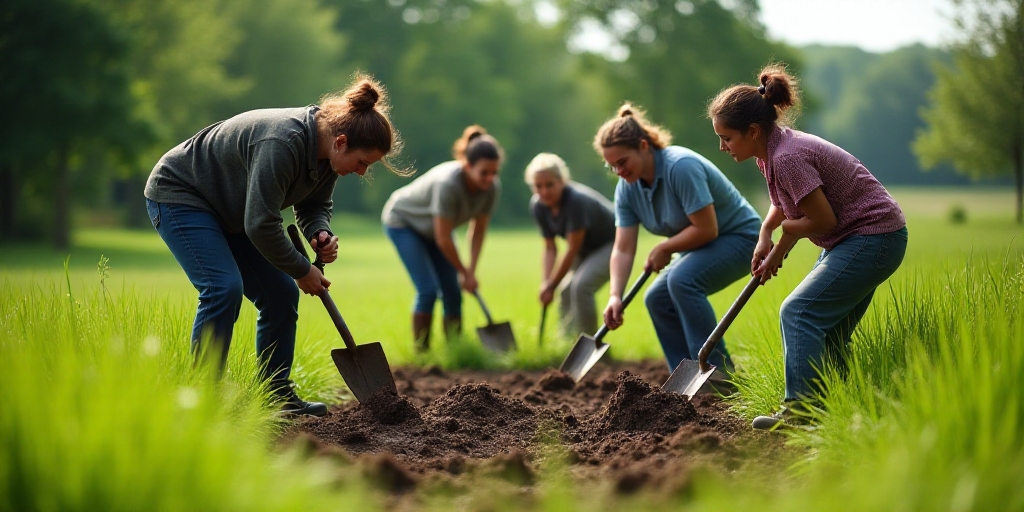Global Sustainability Strategy Aligned with the UN’s Sustainable Development Goals
IKEA has established itself as a global leader in sustainability, not just due to its scale but also by translating climate commitments into tangible actions. In 2023, the company successfully reduced food waste by 54%, saving over 20 million meals and preventing the emission of 36,000 tons of CO₂. This progress places IKEA nine years ahead of the UN’s ODS 12.3 target.
Technology Integration for Sustainability
IKEA has integrated technologies such as Winnow Vision, an AI system that recognizes and quantifies food waste in real-time. Implemented across IKEA kitchens in 45 countries, this system has empowered more than 20,000 employees.
Renewable Energy and Local Initiatives
IKEA now generates more renewable energy than it consumes in Suecia and aims to replicate this model across all its operating countries. Daniela Brito, Sustainability Manager at IKEA Mexico, explained how the global strategy is adapted to regional realities in an interview with El Economista.
Mexico’s Sustainability Approach
IKEA Mexico applies its strategy through three pillars: healthy and sustainable living, climate/circularity/nature, and justice and equity. Each country adapts the global strategy according to its specific context.
- In Mexico, IKEA has recovery areas in each store called “Recovery,” where they condition products to extend their useful life.
- The Oceanía and Guadalajara stores have solar panel systems that supply 15% to 20% of their energy consumption. Both locations hold LEED Gold certification.
- IKEA aims to operate 100% with renewable energy by 2030.
- Approximately 80% of waste is recycled in all Mexican stores. Each restaurant has a Winnow machine and an ORCA biodigestor for managing organic waste.
- IKEA strives to maintain pre-consumer loss below 3% using technology for reliable data-driven decisions.
Social Impact Initiatives
Beyond its environmental efforts, IKEA supports social impact projects. In Guadalajara, it collaborates with Mamá AC to improve spaces for vulnerable children. In Mexico City, it partners with the Bosque de Aragón for plant reuse and ecological education.
“It’s not just about donating; it’s about creating sustainable alliances,” said Brito.
Durable and Responsible Design
After four years in Mexico, IKEA has observed consumers evolving towards more informed decisions. The company is now growing in the B2B segment, with restaurants, hotels, and offices seeking functional and responsible solutions.
IKEA has long promoted adaptability and reuse through its designs. Washable covers, modular furniture, and recycled materials are part of its proposal. Each product has labels indicating recycled content, energy efficiency, and origin, responding to growing consumer demand for transparency.
Challenges and Ongoing Innovation
Despite its strong leadership in sustainability, IKEA faces various challenges requiring constant innovation, regulatory adaptation, and multisector collaboration.
- Standardizing environmental policies across operating countries is a significant challenge.
- Sustainable logistics, particularly electric transportation in countries like Mexico, still faces structural limitations.
- Ensuring material and product traceability to global sustainability standards involves complex monitoring systems, audits, and continuous certifications.
Brito highlighted key areas to strengthen responsible consumption in the region: sustainable operations and local partnerships with real impact. “We seek transformative change from within, not quick fixes like purchasing carbon bonds,” she said.
Upcoming projects include expanding solar panels in Oceanía, new partnerships with community allies, and updating internal environmental education programs. “Sustainability should be an integral part of our operations, not an isolated effort,” Brito concluded.






